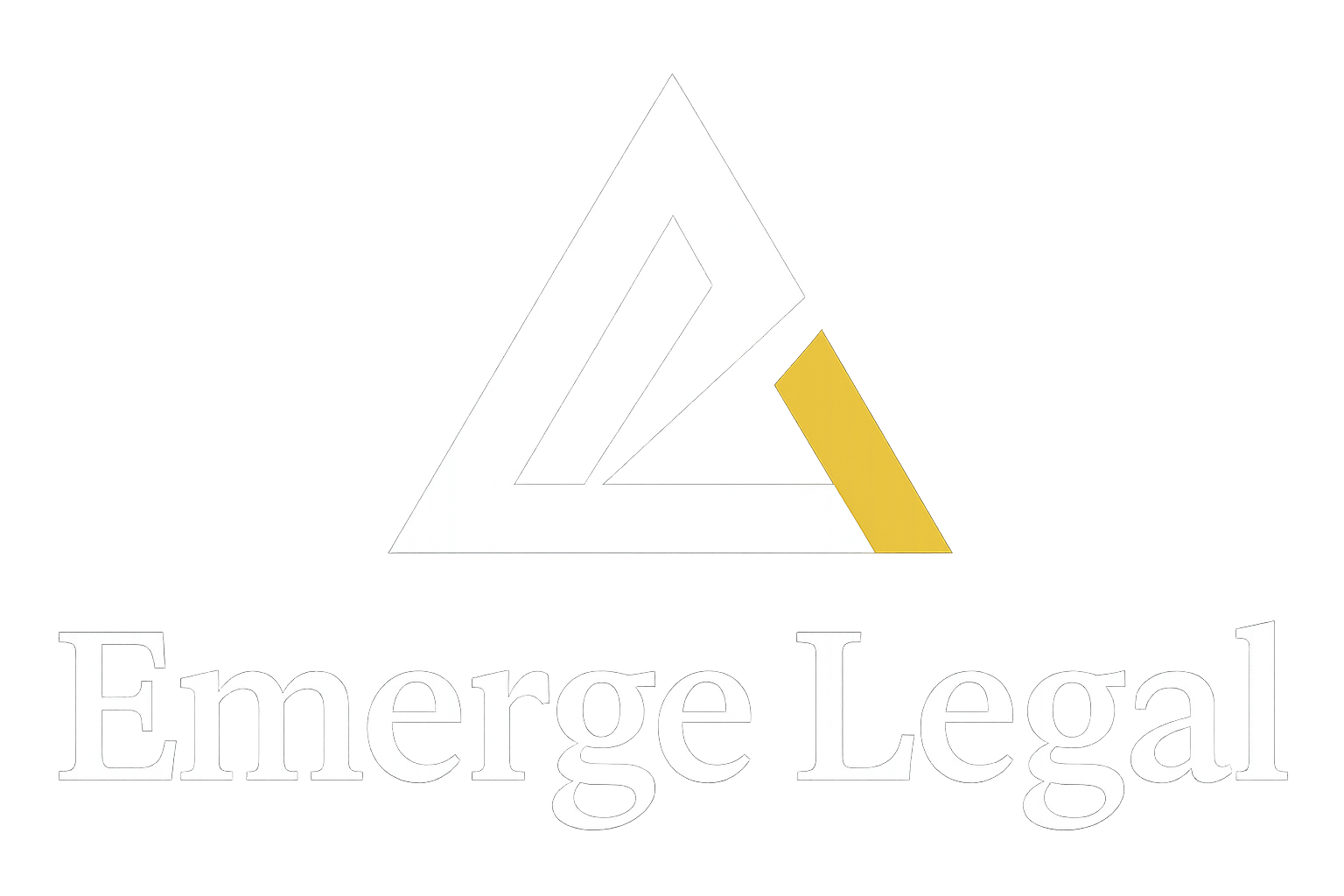INDIA’S BOOMING PET CARE INDUSTRY

Rapid urbanisation, a shift towards nuclear family structures, dual-income households, lifestyle changes, and pet humanization have all played a role in the global rise of pet ownership in recent years. India is noted to be an active contributor to this league with a promising pet population of 32 million, which is growing at a rate of more than 12 percent annually. The Indian pet care market is estimated to be worth $434 million. While this market represents only a little portion of the global market (valued at 190.1 billion), it is one of the fastest-growing, with a projected CAGR of 15% from 2021 to 2026[i]. This surge in pet ownership is providing the much-needed push to the pet-care ecosystem, which includes retail chains, pet nutrition, and services, as well as pet care services. The rise of e-commerce has also aided in the distribution of pet supplies. The acknowledgement of western culture and changing ways of life in developing economies like India has expanded the adoption of pet animals. This in the result is supporting the growth of pet food, accessories, grooming market, and pet healthcare market. The overall India Pet Care market is expected to cross INR 10500 crores by the end of the year 2027-28[ii]. According to Statista, the Indian pet market is led by dogs which account for 68 per cent of the total market share[iii]. With increased pet adoption, the Indian pet-related consumer industry is expected to expand in the future years.
UNDERSTANDING THE LEGAL LANDSCAPE
1. Pet Shop – License & Registration Rules
According to the Prevention of Cruelty to Animals (Pet Shop) Rules, 2018, every Pet Shop owner must get a Certificate of Registration[iv] from the state’s Animal Welfare Board. In the event that a Registration Certificate is not obtained (Section 3)[v], the State Board or the Society for the Prevention of Cruelty to Animals (SPCA) has the authority to seal the Pet Shop and confiscate the animals shown for sale in the shop. Furthermore, the laws enable the Society for the Prevention of Cruelty to Animals (SPCA) and the State Board the authority to authorise an inspector to inspect any Pet Shop as needed. If the Pet Shop owner refuses access to the inspector or any State Board official, the Board has the authority to revoke the Pet Shop’s Registration Certificate.
2. Animal Welfare Board of India
The Animal Welfare Board of India is a statutory advisory organisation on Animal Welfare Laws in India that promotes animal welfare. Established under Section 4 of the Prevention of Cruelty to Animals Act of 1960 in 1962. The Board has been the face of the animal welfare movement in the country for the last 60 years. The board advises the Government of India on animal welfare laws. It works to ensure that animal welfare laws in the country are followed and provides grants to Animal Welfare Organisations (AWOs). The Committee for the Purpose of Control and Supervision of Experiments on Animals (CPCSEA) was established under Section 15(1) of the Prevention of Cruelty to Animals Act 1960, it is a statutory committee, which is duty bound to take all such measures as may be necessary to ensure that animals are not subjected to unnecessary pains or sufferings before, during or after performance on experiments on them. For this purpose, the Committee formulated the “Breeding of and Experiments on Animals (Control & Supervision Rules, 1998” to regulate the experimentation on animals.
3. Pet Food Regulations
The pet food market is rapidly expanding, putting additional pressure on quality testing and flavour testing. When pet food testing is approved by an accredited lab, the results will be more accurate. In India, the pet food sector is not strictly regulated. There are no mandatory regulations for domestic pet food manufacture. IS 11968:2019 is a Bureau of Indian Standards (BIS) specification[i]. The Food Safety and Standards Authority of India (FSSAI) oversees the production of cat food, dog food, and other edible pet items. The FSSAI is primarily concerned with the safety of food, which should not include any dangerous ingredients. All pet foods should be prepared and produced in sanitary circumstances while adhering to all safety precautions. Canned pet foods must be treated in accordance with low acid canned food requirements to ensure the pet food is free of pathogenic germs. It is worth noting that the FSSAI has made the BIS standards for Compounded Feed for Cattle (IS 2052:2009)[ii] mandatory. However, as previously stated, the BIS criteria for pet meals are still voluntary. According to the current regulatory framework, animal feeding in India is only regulated to the extent that it affects human health. As a result, where the danger is communicable to humans (for example, through the intake of cattle/livestock meat or milk), the food consumed by such animals is subject to regulatory regulations.
The Pet Food Products of Animal Origin (Import into India) Order, 2008 (“2008 Order”)[iii] was enacted by the Department of Animal Husbandry, Dairy, and Fisheries. The 2008 Order, in particular, attempted to restrict imports of some veterinary medications in order to prevent zoonotic infections from entering the country. However, a few issues emerge right away: first, as the title implies, the 2008 Order only applies to imports of pet food products, leaving the domestic sector largely unregulated; and second, the 2008 Order only applies to ‘pet food products of animal origin,’ which has been defined under section 2(g) of the 2008 Order as, “Dried Processed pet food containing the ingredients of meat and meat products from avian species, pig and product of animal origin intended for use in animal feeding or other kinds of edible ingredient from animal origin from nutritional point of view used for feeding the dog or cat”. As a result, it is clear that the 2008 Order does not control pet foods derived from vegetarian or vegan sources; and it only regulates food products targeted for dogs or cats, leaving a wide range of other pets unregulated.
4. Pet Adoption Regulations
There are no laws in India that regulate the adoption of dogs. However, there is a Rehoming Agreement which is an agreement between the owners/rehoming family who has the lawful owner of the dog and the adopter/adopting family who wants the ownership of the dog. This agreement transfers the ownership of the dog from one party to another. Everyone who wants to adopt a dog should enter into a Dog Adoption and Rehoming Agreement, this not only makes you the lawful owner but also helps in avoiding any future disputes.
Standard Protocol for Adoption of Community Animals:
The Circular has been issued by the Animal Welfare Board of India (AWBI) on 17th May 2022[i], stating the procedure for the adoption of the community dogs which must be followed while adopting a community dog to endure proper welfare of the animals. For adoption of Community animals i:e dogs/pups from shelters or street, following standard protocol may be followed:
i. Where one can adopt a dog/pup from?
Dogs/pups can be adopted from shelters of Shelters for Prevention of Cruelty to Animals (SPCA) or Animal Welfare Organisations (AWO) with the AWBI or State Animal Welfare Board by issuing adoption certificate. If one has adopted a dog/pup from the street, adoption papers can be processed through any Municipal Council / Municipal Corporation / Municipality / Panchayats or any acting legal authority / District SPCA along with medical check-up and vaccination.
ii. Who can adopt a dog/pup?
- The person desirous of adopting a pet must be older than 18 years old.
- The person must be of sound mind.
- The person must be capable of providing adequate care & maintenance, including but not limited to adequate nutrition, veterinary care and housing.
iii. Documents to be submitted: The following documents shall be submitted to the animal welfare organisation/SPCA by the person desirous of adopting a pet-
- House-check form
- Valid Government photo ID & address proof
- Completed adoption form
iv. Procedure:
- The House Check Form may be used for preliminary screening. The AWO from which the dog has been adopted or being adopted /Society for Prevention of Cruelty to Animals (SPCA) may assess and evaluate eligibility through a pre-and/or post-adoption house check and verify the information provided. The house check may be even conducted through a video call.
- The person adopting the dog/pup shall take it for a veterinary check-up, and ensure vaccinations, parasite control, deworming or any other necessary medical treatment.
- If the animal has attained maturity, it must be spayed/neutered prior to adoption.
- The AWO from which the dog has been adopted or being adopted /SPCA upon being satisfied with the pre and/or post adoption check, veterinary check-up, inoculation etc, may issue an adoption certificate mentioning species and age of the dog/pup and may provide documents for appropriate guidance for care and maintenance of the community animal.
- The AWO/SPCA must maintain a record of all animals adopted through it for last 2 years.
CONCLUSION
India’s pet care industry is experiencing significant growth, driven by factors such as rapid urbanization, changing family structures, and a rising awareness of pet humanization. With a pet population of 32 million and an estimated market worth of $434 million, India’s pet care market is on a promising trajectory, with a projected CAGR of 15% from 2021 to 2026. The dominance of dogs in the market, accounting for 68% of the total share, highlights the significance of this furry companion in Indian households. However, there are several challenges that industry players need to address to fully tap into this growing market. These include a lack of awareness among pet owners, the need for better infrastructure, and the necessity to make pet products more affordable for a wider section of the population.
Understanding the legality surrounding pet care in India is crucial for both pet owners and industry stakeholders. Regulations such as the Prevention of Cruelty to Animals (Pet Shop) Rules, 2018, and the role of the Animal Welfare Board of India help ensure the welfare of animals and the responsible operation of pet shops. The evolving pet food market, although not strictly regulated, requires attention to quality testing and safety measures to ensure the health of pets. India’s pet care industry is poised for continued growth, driven by a burgeoning pet population and changing lifestyles. As the industry expands, addressing regulatory gaps, raising awareness, and ensuring the welfare of animals will be essential to its sustained success. With the right measures in place, India’s pet care market is set to thrive in the coming years.
Our company excels in offering expert advice and assistance concerning the legal facets of the pet care industry, both within India and internationally. If you need our services or seek legal guidance regarding compliance with relevant authorities in the Indian pet care sector, please don’t hesitate to reach out. You can call us, message us on WhatsApp at +91 805439220, or send an email to info@emergelegal.in.
By – Ms. Akshita Jaiswal
(Junior Associate, Emerge Legal)
[i] https://www.marketdecipher.com/report/india-pet-care-market
[ii] https://www.bonafideresearch.com/product/210710421/india-pet-care-market
[iii] https://www.republicworld.com/business-news/india-business/millennials-love-for-pets-to-push-indian-pet-care-market-to-rs-5374-cr-by-2025-articleshow.html
[iv] Section 4, https://awbi.gov.in/uploads/regulations/163310021561Pet%20Shop%20Rules%202018%20-%2027%206%202019%20English.pdf
[v]efaidnbmnnnibpcajpcglclefindmkaj/https://awbi.gov.in/uploads/regulations/163310021561Pet%20Shop%20Rules%202018%20-%2027%206%202019%20English.pdf,
[vi] https://www.services.bis.gov.in/php/BIS_2.0/bisconnect/get_is_list_by_category_id/29
[vii] https://law.resource.org/pub/in/bis/S06/is.2052.2009.pdf
[viii] https://aqcsindia.gov.in/pdf/trade-17.pdf
[ix]https://awbi.gov.in/uploads/regulations/165597075151Adoption%20of%20community%20animals_0001.pdf



